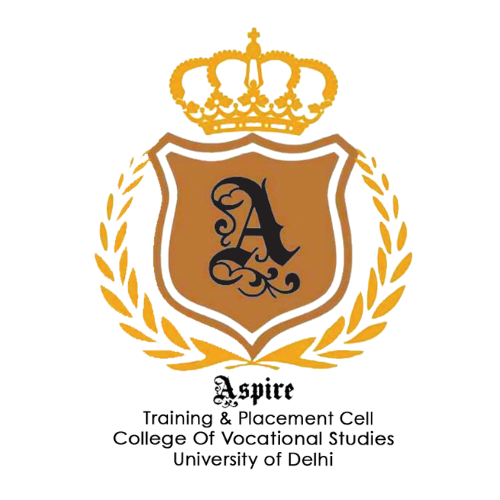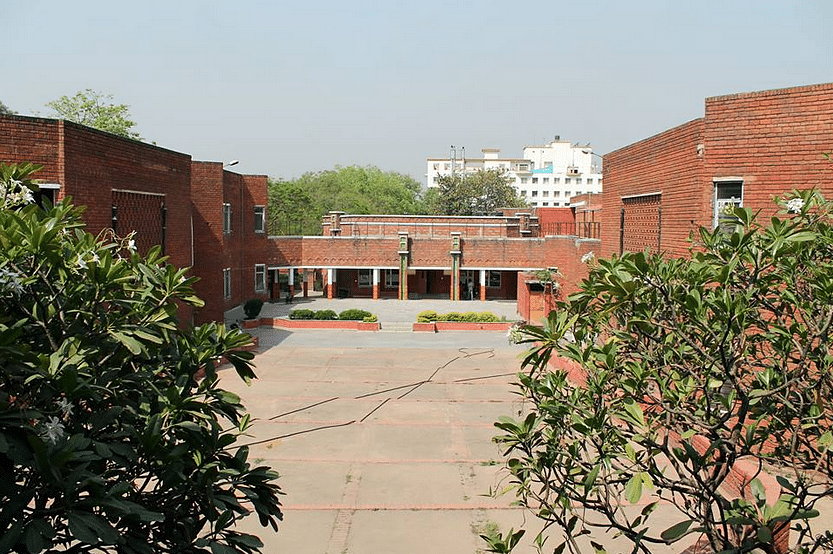
In case if you are wondering whether it is better to pursue an MBA immediately after graduation or should you opt for an MBA after gaining some work experience, we’d recommend you to give this article a read before making any hasty decision.
MBA IMMEDIATELY AFTER GRADUATION
If you are planning to pursue an MBA right after your graduation, following are some of the advantages and disadvantages that you must keep in consideration:
ADVANTAGES-
1) Head-start to your career: Pursuing an MBA after your graduation can give you a much needed head-start in your career. As it provides you with an opportunity to complete your education in a stretch before you enter the corporate world. MBA will be a good start; it will give you a lot of career opportunities.
2) Developing your skills: An MBA will give you a chance to improve your personal as well as professional skills and will help you to become more positive about leading the corporate world.
3) Exposure: While pursuing MBA, you will get to intern with big companies, which will be a great platform for you to show your skills.
DISADVANTAGES-
1) Lack of experience: But you must also keep in mind that, most of the leading B-schools necessitate you to be able to contribute to the discussions in regards to the business and the corporate world. This can only be achieved if you have some professional experience.
2) Difficulty in changing career line: Doing an MBA is a huge investment and since the students are fresh out of college and lack professional experience, they tend to make rushed decisions without having any certain career goal in their minds which can cause inconvenience if a student wishes to change his/her career line later.
MBA AFTER SOME WORK EXPERIENCE
ADVANTAGES-
1) Professional Experience: Working for a few years before an MBA offers the student a platform to build on during their studies as you would have more clarity about your career goals You will be clearer in your approach if you select to work for a few years before going for an MBA. You will have more practical experience and would be able to understand the dynamics of business more efficiently
2) Soft skills: And last but not the least, working before going for an MBA will also help you develop soft skills which might matter
DISADVANTAGES-
Coming to the disadvantages of working before an MBA, well it might surprise you that there are no disadvantages, as such, of pursuing MBA after gaining a noteworthy amount of work experience.
However, it is important to keep in mind that for on-campus recruitment that will be conducted after the course completion, if the individual who has certain work experience is applying for an industry which is not in line with the previous industry where he has worked, it will not be counted as relevant experience. This means that the importance placed on his experience will reduce.
CONCLUSION
Lastly, whether to pursue an MBA degree right after your graduation or after some years of professional experience, totally depends upon your career goals and aspirations. We’d recommend you to carefully analyse the pros and cons of both the options before making any final decision. All the best for your future
Written by- Yusra (Placement Coordinator)
Edited by- Akshita Chopra (Placement Coordinator)










